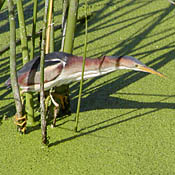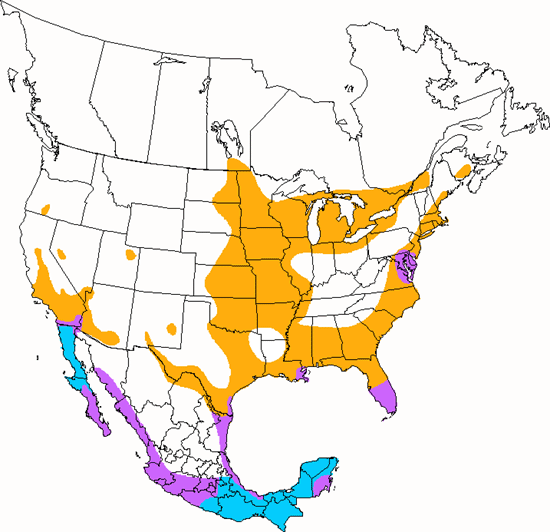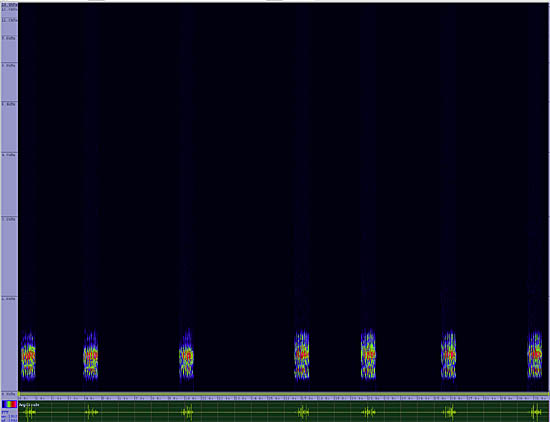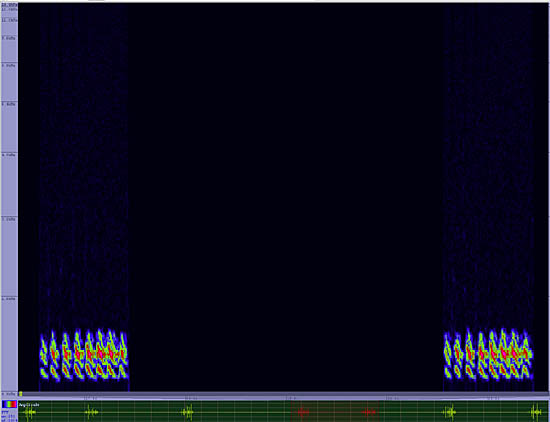Least Bittern
Ixobrychus aglaiae

Long Legged Waders

Length: 13 in. (33 cm )
This tiny heron occurs in swampy vegetation, brackish marshes and mangroves. It is most easily seen when it flies across open areas among the vegetation. When threatened, it will cling to vertical stems and freeze in position, pointing its bill upward and mimicking bull rushes and other aquatic vegetation. The Least Bittern gleans insects and amphibians from stalks and leaves and also catches fish and aquatic invertebrates at the water's edge. Its nest is made of sticks and placed near the ground or over the water in dense vegetation.
The four-digit banding code is LEBI.
Bibliographic details:
- Article: Least Bittern
- Author(s): Dr. Biology
- Publisher: Arizona State University School of Life Sciences Ask A Biologist
- Site name: ASU - Ask A Biologist
- Date published: 13 Jul, 2017
- Date accessed: 17 August, 2025
- Link: https://askabiologist.asu.edu/activities/bird/least-bittern
APA Style
Dr. Biology. (Thu, 07/13/2017 - 15:37). Least Bittern. ASU - Ask A Biologist. Retrieved from https://askabiologist.asu.edu/activities/bird/least-bittern
Chicago Manual of Style
Dr. Biology. "Least Bittern". ASU - Ask A Biologist. 13 Jul 2017. https://askabiologist.asu.edu/activities/bird/least-bittern
MLA 2017 Style
Dr. Biology. "Least Bittern". ASU - Ask A Biologist. 13 Jul 2017. ASU - Ask A Biologist, Web. https://askabiologist.asu.edu/activities/bird/least-bittern
Be Part of
Ask A Biologist
By volunteering, or simply sending us feedback on the site. Scientists, teachers, writers, illustrators, and translators are all important to the program. If you are interested in helping with the website we have a Volunteers page to get the process started.







